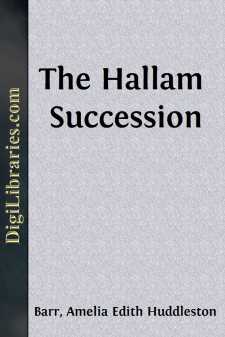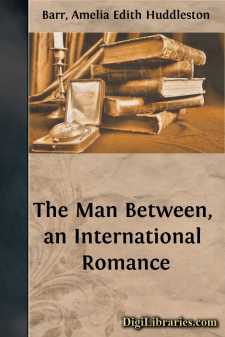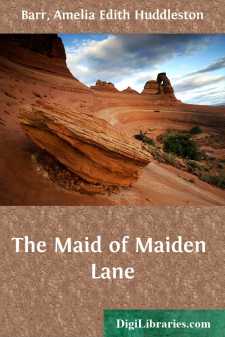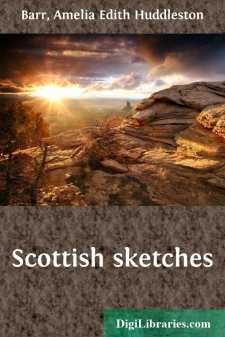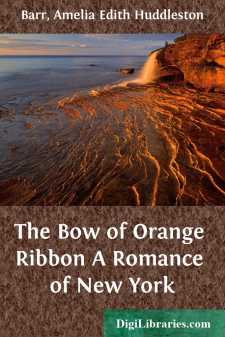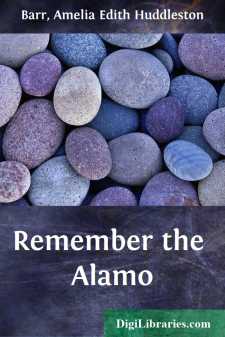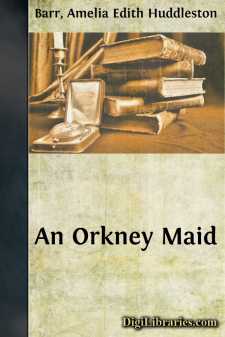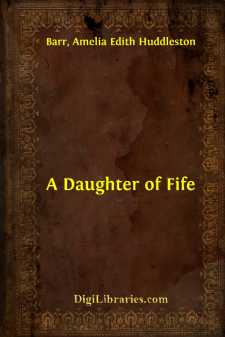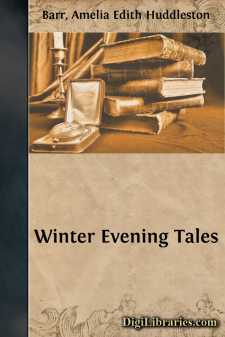Categories
- Antiques & Collectibles 13
- Architecture 36
- Art 48
- Bibles 22
- Biography & Autobiography 813
- Body, Mind & Spirit 138
- Business & Economics 28
- Children's Books 12
- Children's Fiction 9
- Computers 4
- Cooking 94
- Crafts & Hobbies 4
- Drama 346
- Education 46
- Family & Relationships 57
- Fiction 11821
- Games 19
- Gardening 17
- Health & Fitness 34
- History 1377
- House & Home 1
- Humor 147
- Juvenile Fiction 1873
- Juvenile Nonfiction 202
- Language Arts & Disciplines 88
- Law 16
- Literary Collections 686
- Literary Criticism 179
- Mathematics 13
- Medical 41
- Music 40
- Nature 179
- Non-Classifiable 1768
- Performing Arts 7
- Periodicals 1453
- Philosophy 64
- Photography 2
- Poetry 896
- Political Science 203
- Psychology 42
- Reference 154
- Religion 505
- Science 126
- Self-Help 81
- Social Science 81
- Sports & Recreation 34
- Study Aids 3
- Technology & Engineering 59
- Transportation 23
- Travel 463
- True Crime 29
The Hallam Succession
Description:
Excerpt
CHAPTER I.
"The changing guests, each in a different mood,
Sit at the road-side table and arise:
And every life among them in likewise
Is a soul's board set daily with new food.
"May not this ancient room thou sitt'st in dwell
In separate living souls for joy or pain?
Nay, all its corners may be painted plain
Where Heaven shows pictures of some life well-spent."
Yorkshire is the epitome of England. Whatever is excellent in the whole land is found there. The men are sturdy, shrewd, and stalwart; hard-headed and hard-fisted, and have notably done their work in every era of English history. They are also a handsome race, the finest specimens extant of the pure Anglo-Saxon, and they still preserve the imposing stature and the bright blonde characteristics of the race.
Yorkshire abounds in what is the typical English home—fine old halls and granges, set in wooded parks, and surrounded by sweet, shady gardens. One of the fairest of these homes is Hallam-Croft. There may be larger halls in the West Riding, but none that combines so finely all the charms of antiquity, with every modern grace and comfort. Its walls are of gray stone, covered with ivy, or crusted with golden lichens; its front, long and low, is picturesquely diversified with oriel windows, gable ends, and shadowy angles. Behind is a steep, craggy range of woody hills; in front, a terraced garden of great extent; full of old-fashioned bowers, and labyrinth-like walks, and sloping down to a noble park, whose oaks and beeches are of wonderful beauty, and whose turf is soft as velvet and greener than any artist ever dreamed of.
Fifty years ago the owner of this lovely spot was Squire Henry Hallam. He was about sixty years of age, stout and fair and dressed in fine drab broad-cloth, with a white vest, and a white cambric kerchief tied loosely round his neck. His hat, drab also, was low-crowned and broad-brimmed, and, as a general rule, he kept it on. In the holy precincts of a church, or if the national anthem was played, he indeed always bared his head; but, in the first case, it was his expression of a religious sentiment, in the second he saluted his country, and, in a measure, himself.
One evening in the early spring he was sitting upon a low sofa in the room that was specially his own, mending some fishing tackle. A couple of setter puppies were worrying each other on the sofa beside him, and a splendid fox-hound leaned her muzzle on one of his broad knees, and looked up into her master's face with sad reproachful eyes. She was evidently jealous, and watching anxiously for some look or word of favor. She had not long to wait. The puppies became troublesome; he chided them, and put the bit of leather they were quarreling about in his pocket. Then he patted the hound, and said: "There's a deal o' difference between them and thee, Fanny, and it's a' in thy favor, lass;" and Fanny understood the compliment, for she whimpered happily, and thrust her handsome head up against her master's breast....


